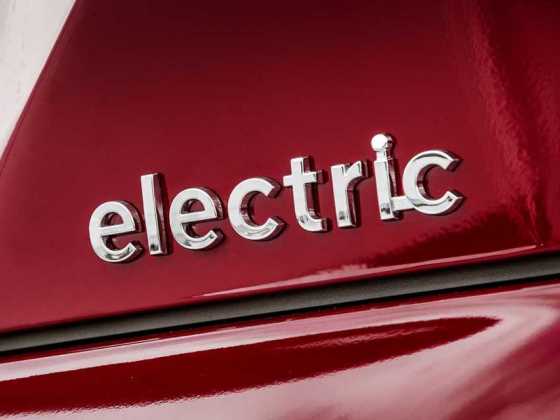Shell Lubricants launches report on intelligent maintenance
Shell Lubricants has launched a new report which highlights the main concerns, potential solutions and growth opportunities faced by heavy-duty fleet managers when considering fleet transformation.
With the EU Commission pushing for the adoption of zero-emissions vehicles and plans to reduce emissions levels from transport to 40% below those of 1990, fleet managers face the pressure of having to improve energy efficiency by 27% by 2030, to align with transport industry targets. The UK government has supported this by providing £20 million worth of grant funding into projects that are researching alternative propulsion technologies, including emissions testing for HGVs. This has been coupled with stringent voluntary targets to reduce HGV Greenhouse Gas emissions by 15% in 2025.
Working closely with Roberto Paganuzzi, Shell’s European Technical Manager, the report offers an insight into how emerging technologies and premium lubricants can be integrated into existing fleet management budgets and practices, to allow for a more efficient and sustainable future.
When discussing the impact of new technologies on maintenance processes and effective modernisation, Roberto Paganuzzi, said: “For the first time, you can highly personalise your maintenance regimes. With high-performance lubricants, fleet managers can customise the running environment for individual components, with huge benefits for running expenses.”
The report also marks the launch of Shell Driveline, a new holistic approach to fleet maintenance, a suite of high performing products and expert services can help fleet owners get more from every part of the vehicle. Valuing all lubrication points – beyond just the engine- such as the gears and axles can pay dividends when it comes to overall profitability of vehicles, in turn giving business a strong competitive edge.
Maintenance practices will play an important part in tomorrow’s fleet, with research finding that 93% of fleet managers recognise that new technologies will impact their choice of lubrication. Through pairing new maintenance regimes with modern fleet management technology, such as lubrication tracking consoles it was found that drivers could cut fuel expenses by up to 25% and increase productivity by 15%.
As the fleet industry sits on the brink of what will be one of the biggest transformations of our time, it is essential that fleet managers are educated and empowered on the possibilities of this new world. As such, it is vital that the industry works collaboratively to knowledge share and help businesses navigate the daunting but exciting road ahead.



